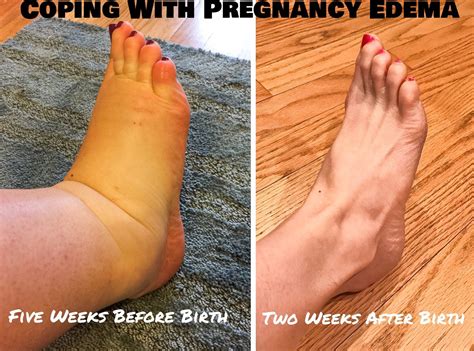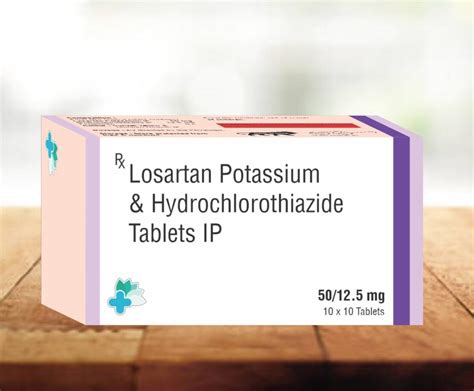Second Trimester: Essential Tips For A Smooth Journey
The second trimester of pregnancy, spanning from week 13 to week 26, is often referred to as the “golden period” for many expectant mothers. The initial symptoms of the first trimester, such as morning sickness and fatigue, start to subside, and the belly begins to show, making the pregnancy feel more real. This period is crucial for the development of the fetus, and it’s essential for mothers-to-be to prioritize their health and well-being. Here are some expert tips for a smooth journey through the second trimester:
Understanding Fetal Development
During the second trimester, the fetus undergoes significant development. By week 14, the fetus’s skin starts to thicken, and fat layers form, helping with temperature regulation after birth. The pancreas begins producing digestive enzymes, and the fetus can swallow and digest substances. The kidneys function and produce urine, which becomes part of the amniotic fluid. The liver starts producing bile, and the stomach produces digestive juices. The fetus’s nervous system matures, and nerve cells multiply, allowing for more complex movements.
Dietary Advice for Optimal Health
A well-balanced diet rich in essential nutrients is vital for both the mother’s health and the baby’s development. Here are some key dietary recommendations:
- Increase Protein Intake: Protein is crucial for the baby’s growth. Include lean meats, fish, eggs, dairy products, and plant-based sources like beans, lentils, and tofu in your diet.
- Folate and Iron: Continue taking prenatal vitamins that contain folate and iron. These are essential for preventing birth defects of the baby’s brain or spine and supporting the mother’s increased blood volume.
- Calcium and Vitamin D: These nutrients are vital for the baby’s bone development. Dairy products, leafy greens, and fortified plant-based milk are good sources.
- Stay Hydrated: Drinking plenty of water helps prevent constipation, reduces the risk of urinary tract infections, and supports the overall health of the mother and the fetus.
Exercise and Physical Activity
Regular physical activity during the second trimester can reduce discomfort, improve mood, and prepare the body for labor. However, it’s crucial to choose safe exercises and listen to your body:
- Prenatal Yoga and Pilates: These can help strengthen core muscles, improve flexibility, and reduce back pain. Modify poses as the belly grows, and always prioritize comfort and safety.
- Walking and Swimming: These are excellent low-impact activities that can be continued throughout pregnancy. They improve cardiovascular health without putting excessive strain on the joints.
- Listen to Your Body: Rest when needed, and avoid activities that cause pain or discomfort. It’s also important to avoid lying flat on your back after the 20th week, as this can cause the uterus to compress the vena cava and reduce blood flow to the baby.
Mental Health and Emotional Well-being
The second trimester can be emotionally challenging due to hormonal changes and the anticipated responsibilities of parenthood. It’s vital to prioritize mental health:
- Stay Connected: Nurture relationships with family and friends. Social support is key during this period.
- Prenatal Classes: Consider attending prenatal classes or workshops. These can provide valuable information about pregnancy, childbirth, and parenting, helping to alleviate fears and anxieties.
- Mindfulness and Relaxation: Engage in mindfulness practices, such as meditation or deep breathing exercises, to manage stress and promote emotional well-being.
Common Discomforts and Solutions
Despite being considered the most comfortable trimester, the second trimester comes with its set of challenges:
- Back Pain: Regular exercise, maintaining good posture, and wearing a belly support can help alleviate back pain.
- Braxton Hicks Contractions: These are practice contractions for the uterus and can be managed by changing positions, drinking water, and practicing breathing exercises.
- Sleep: Prioritize sleep by establishing a bedtime routine, avoiding heavy meals close to bedtime, and opting for a comfortable sleeping position, usually on the side with a pillow between the knees.
Preparation for Parenthood
As the second trimester progresses, it’s a good time to start preparing for the arrival of the baby:
- Baby Proofing: Start making your home safe for the baby by securing heavy furniture, covering electrical outlets, and removing hazardous materials.
- Parenting Classes: Enroll in classes that teach parenting skills, baby care, and breastfeeding techniques.
- Building a Support Network: Connect with other expectant parents or join parenting groups to build a support network.
Conclusion
The second trimester is a pivotal time in pregnancy, marked by significant fetal development and a plethora of physical and emotional changes for the mother. By focusing on a balanced diet, regular exercise, mental health, and preparation for parenthood, expectant mothers can navigate this period smoothly and lay a healthy foundation for both themselves and their baby. Remember, every pregnancy is unique, and what works for one person may not work for another. Always consult with a healthcare provider for personalized advice and care.
What are the key nutrients that I should focus on during the second trimester?
+Folate, iron, calcium, and vitamin D are particularly important. Include foods rich in these nutrients in your diet and continue taking prenatal vitamins as prescribed by your healthcare provider.
Is it safe to exercise during the second trimester?
+Yes, exercise is beneficial and safe during the second trimester, provided you choose low-impact activities and listen to your body. Avoid any exercise that causes pain or discomfort and always consult with your healthcare provider before starting or continuing any exercise routine.
How can I manage back pain during the second trimester?
+Regular exercise, especially core strengthening exercises, maintaining good posture, and wearing a belly support can help alleviate back pain. Additionally, consider prenatal massage or physical therapy if the pain persists.



